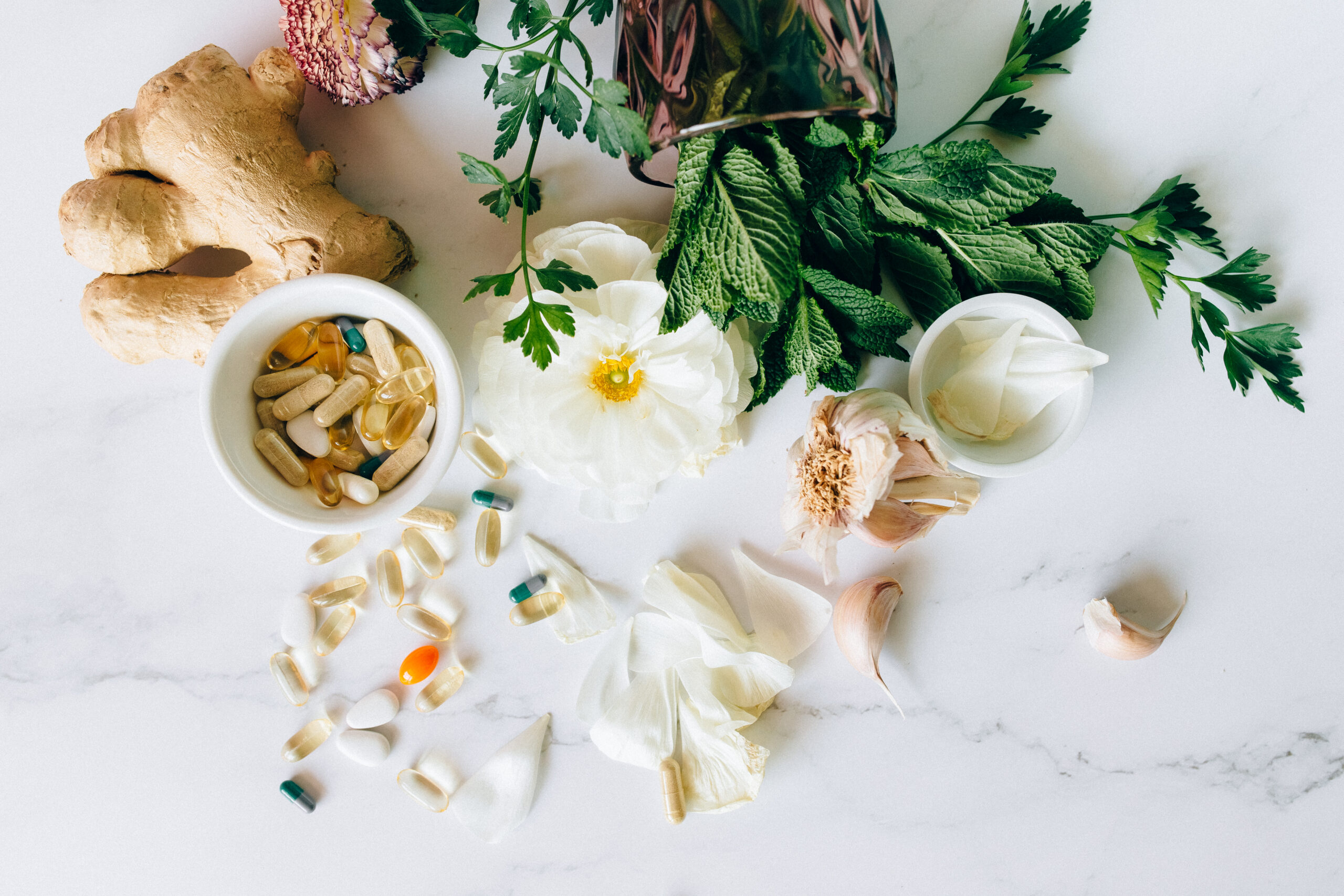Are there any drug interactions with Yashtimadhu?
Title: Understanding Potential Drug Interactions with Yashtimadhu
Introduction:Yashtimadhu, commonly known as liquorice root, has been used for centuries in traditional medicine due to its numerous health benefits. It is well-known for its anti-inflammatory, antioxidant, and antimicrobial properties. However, before incorporating any herbal supplement into your routine, it is crucial to be aware of any potential drug interactions. In this blog, we will explore whether Yashtimadhu can interact with other medications and offer some practical tips for safe usage.
Understanding Drug Interactions:Drug interactions occur when one substance affects the way another substance works. These interactions can either enhance or decrease the effectiveness of a particular medication. Some drug interactions can lead to harmful side effects or reduce the desired therapeutic effects of a drug.
Possible Drug Interactions with Yashtimadhu:1. Blood Pressure Medications: Yashtimadhu may have a mild diuretic effect and may affect blood pressure levels. Therefore, it is recommended to monitor your blood pressure closely if you are taking medications like ACE inhibitors, beta-blockers, or diuretics. Consult with your healthcare provider to ensure optimal management.
2. Corticosteroids: Yashtimadhu may have a synergistic effect when used with corticosteroids, which might enhance their anti-inflammatory properties. However, prolonged usage of this combination should be done under medical supervision due to the potential risk of side effects.
3. Anticoagulants and Antiplatelet Medications: Yashtimadhu contains coumarin derivatives, which possess mild anticoagulant properties. Combining Yashtimadhu with anticoagulant or antiplatelet medications may increase the risk of bleeding. Regular monitoring of clotting factors is essential in such cases.
4. Diabetes Medications: Yashtimadhu may help regulate blood sugar levels. Hence, individuals taking medications for diabetes, such as insulin or oral hypoglycemic agents, should monitor their blood sugar levels more closely when incorporating Yashtimadhu into their regimen. Dosage adjustments may be necessary to avoid hypoglycemia.
5. Immunosuppressants: Yashtimadhu may interact with immunosuppressant drugs, such as cyclosporine or corticosteroids, used in transplant patients or individuals with autoimmune disorders. Consultation with a healthcare professional is crucial if you intend to use Yashtimadhu alongside these medications.
Tips for Safe Usage:1. Consult a healthcare professional: Prior to starting any new medication or herbal supplement, it is vital to consult with your healthcare provider. They can assess your medical history, current medications, and provide personalized advice regarding any potential interactions with Yashtimadhu.
2. Inform your healthcare provider: Be sure to inform your doctor or pharmacist about all the medications, including over-the-counter drugs, supplements, and herbal remedies you are currently taking, to minimize the risk of drug interactions.
3. Follow recommended dosage: Stick to the recommended dosage of Yashtimadhu as mentioned on the product label or as advised by your healthcare professional. Avoid exceeding the recommended dose, as it might increase the chances of adverse interactions.
4. Be observant of your body: Pay attention to any unusual symptoms or side effects that may arise after incorporating Yashtimadhu into your routine. If you experience any adverse reactions, promptly consult your healthcare provider.
Conclusion:While Yashtimadhu offers various health benefits, it is necessary to be aware of potential drug interactions to ensure your safety. Always consult with a healthcare professional before combining Yashtimadhu with any medications to minimize the risk of adverse effects. By following these guidelines and seeking professional guidance, you can make informed decisions about incorporating Yashtimadhu into your healthcare regimen.




Your point of view caught my eye and was very interesting. Thanks. I have a question for you.